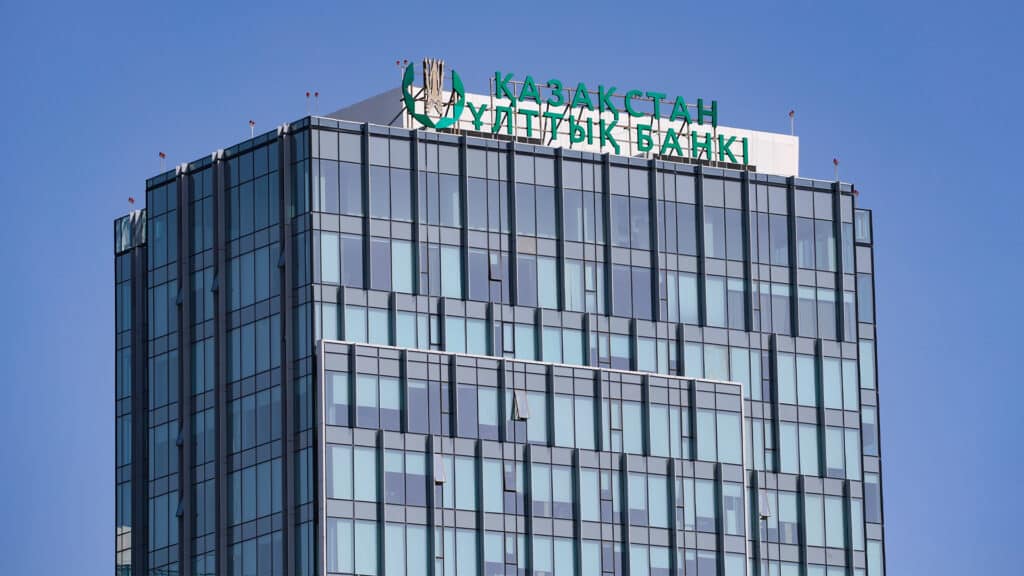National Bank raises base rate to 15.25%

Kazakhstan’s National Bank has raised the base rate by a percentage point to 15.25% per annum. This resolution was made during the session held on Nov. 29 amid a recently observed dramatic weakening of the tenge.
The decision to raise the rate marks the first change after three consecutive sessions in which the base rate remained unchanged. Right before the bank’s meeting, most analysts had predicted the indicator would be kept at 14.25%. In particular, Halyk Finance pointed to the inflation boost against the backdrop of the allocation of an additional target transfer from the National Fund.
«The inflation acceleration has been driven by the emerging prices for nonfood items and market services amidst high domestic demand. Pro-inflationary pressure within the economy remains due to continued fiscal stimulus in view of budget revenue default. Household inflation expectations in October declined but remain fluctuating,» the regulator said in a statement.
The National Bank noted that the overall global slowdown in inflation and easing pressure in labor markets have created conditions for a potential softening of monetary policy. However, Kazakhstan’s economy is heavily influenced by external inflationary pressures, primarily driven by rising global food prices.
The regulator also cites high inflation rates and significant foreign exchange rate fluctuations in Russia as additional factors. These could influence inflation expectations and increase economic uncertainty.
The regulator has already revised its inflation forecast. For 2024, inflation is expected to stay within an 8%-9% corridor at a year-on-year rate of 8.5% as of the beginning of November. The National Bank anticipates a price increase between 6.5% and 8.5% next year and 5.5% and 7.5% in 2026.
The decision to raise the base rate was made against the backdrop of a sharp weakening of the tenge against major world currencies. The decline began on Wednesday, Nov. 27, when the tenge depreciated from 498 to 502.45 per dollar. The national currency then continued its downward trend. On Nov. 28, the Kazakhstan Stock Exchange (KASE) recorded an all-time high trading volume for the dollar-tenge pair, reaching $73 million.
At the close of the trading session on Nov. 28, the exchange rate for the U.S. dollar stood at 512 tenge. In currency exchange offices, the dollar was sold for 520 tenge. However, at the opening on Nov. 29, the tenge began to strengthen. At the time of publication, the exchange rate was 509.25 tenge per dollar.
This was the last Monetary Policy Committee meeting of 2024.

